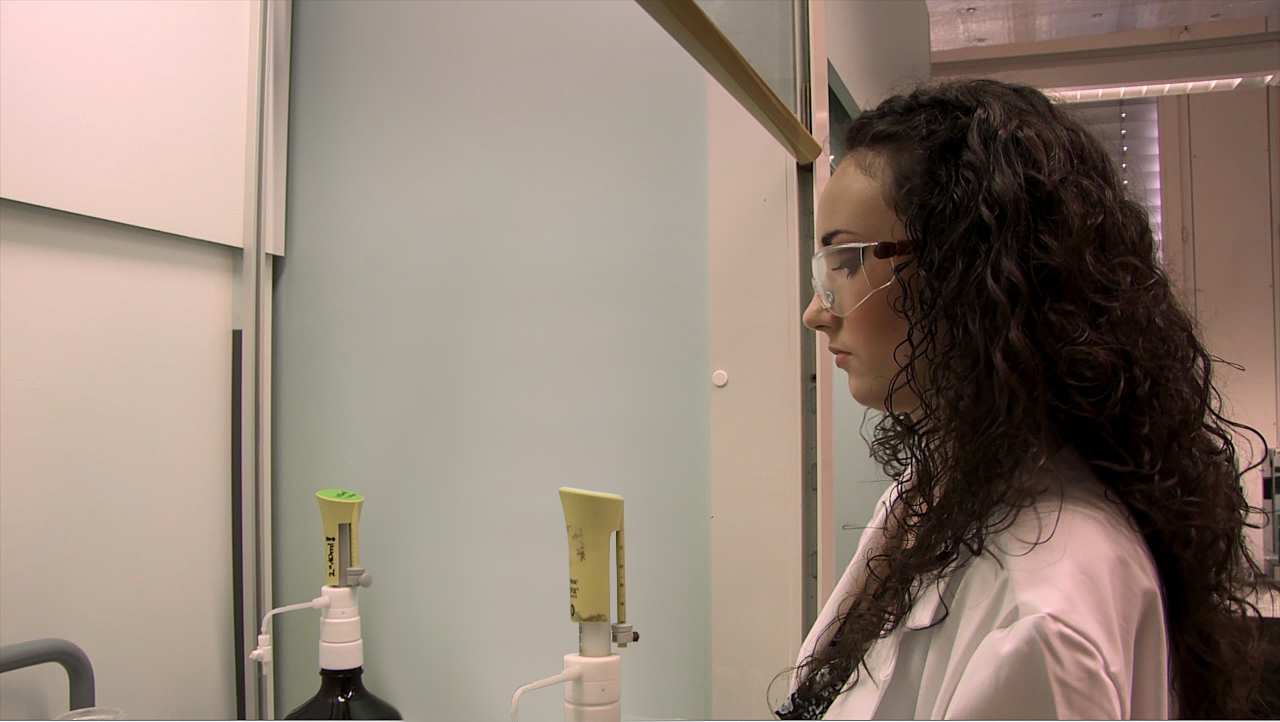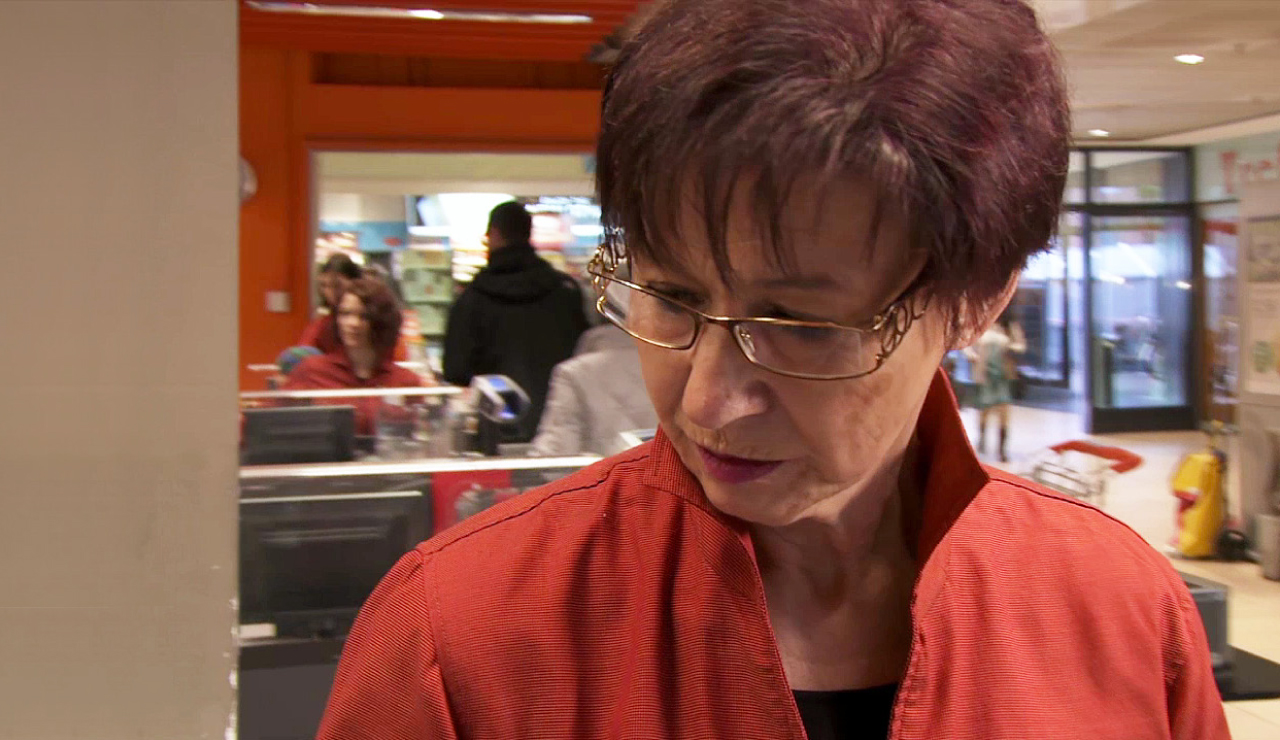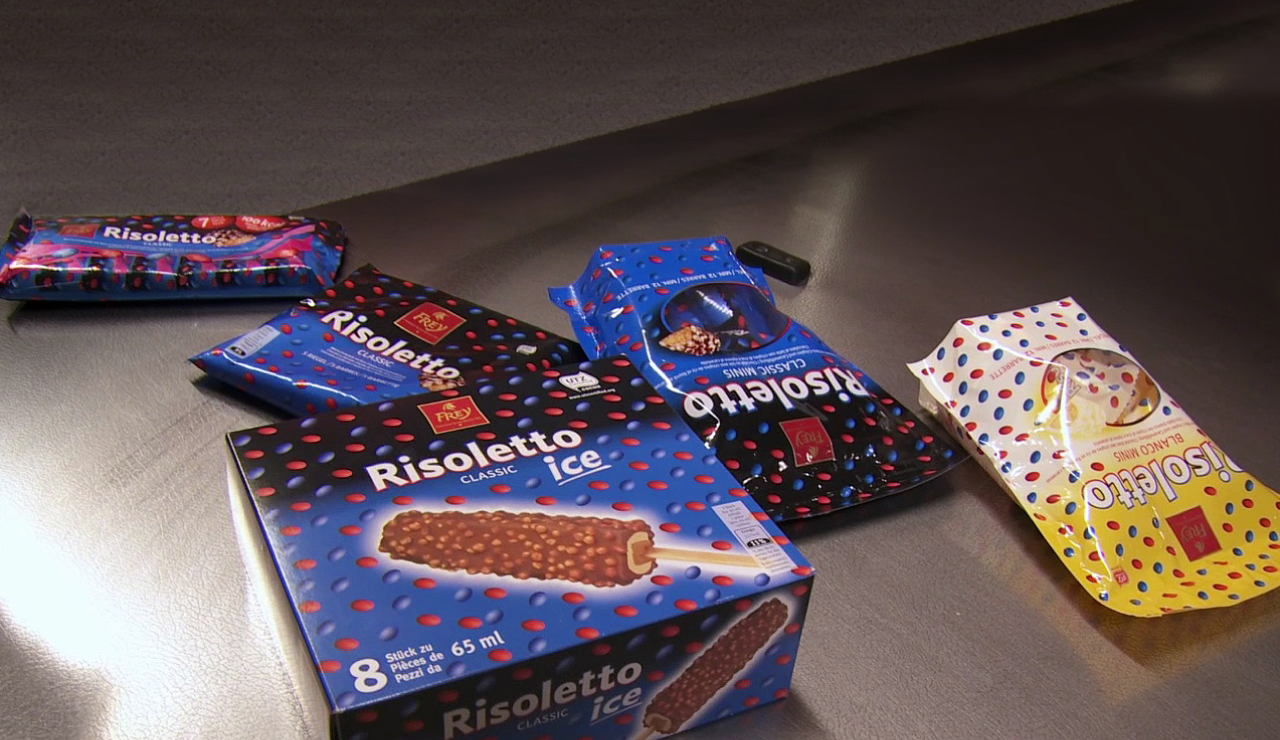Principles of Sustainability Reporting
Sustainability reporting is an integral part of the Annual Report. In this reporting, Migros discloses its main economic, ecological and social contributions in accordance with the GRI standard.
Reporting in accordance with GRI and Global Compact
The reporting of Migros is performed in accordance with the GRI G4 Guidelines. In addition to the online report, a Sustainability Report (PDF in German) with supplementary details (incl. GRI Content Index) is published.
In addition to the online report, a Sustainability Report (PDF in German) with supplementary details (incl. GRI Content Index) is published.
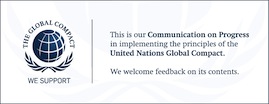
Global Compact progress report
This Annual Report acts as a progress report within the meaning of the UN Global Compact. The GRI Content Index provides information on the fulfilment of the ten principles.
Reporting limits
All details in the 2013 Migros Annual Report refer to the Migros Group. An exception is the Our Responsibility section: various key indicators and statements in the subsections Sustainable Consumption and Environment relate predominantly to the following two strategic business units:
- Cooperative Retailing: branches and operating centres of the ten regional Migros Cooperatives, the Federation of Migros Cooperatives and the national distribution centres of Neuendorf and Suhr (excl. leisure facilities and tegut...)
- Industry & Wholesaling: 15 wholesalers and industrial enterprises in Switzerland.
The editorial deadline for the key indicators was 19 March 2014. As some environmental key indicators will not have been finalised at this moment in time, there may be an update after the online publication of the Annual Report. Updated key indicators will be highlighted accordingly.
In 2011 the Executive Board of the Federation of Migros Cooperatives made decisions that have allowed for a gradual expansion of sustainability reporting to the Migros Group since 2012:
- Basic social and ecological requirements were introduced for all companies from the strategic business units Commerce and Industry & Wholesaling and now apply to 22 companies. The progress report shows the current status of the implementation with selected examples.
- All companies of the Migros Group are being gradually incorporated into the energy and environmental management. Since 2011, the Energy & Climate section also presents the relevant key indicators energy consumption and greenhouse gas emissions for the companies in the strategic business units Commerce, Financial Services and Travel.
The Our Responsibility section covers the following topics and business units:
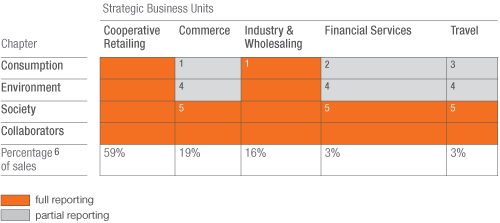
1 Basic social and ecological requirements for all companies of the Migros Group
2 See Migros Bank website (in German)
3 See Hotelplan Switzerland website (in German)
4 Expansion of environmental and energy management to all companies of the Migros Group
5 With the Engagement Migros development fund, Migros expanded its social commitment across the entire group of companies in 2012.
6 Measured by: net revenue from sales of goods and services before elimination of group-internal net revenue. Migros Bank: income from financial services business
Internal review and external assurance
Mitreva Interne Revision AG has reviewed the statements and key indicators in the Annual Report, as well as the degree to which the objectives of the Generation M sustainability programme were met. As the internal auditor of the Federation of Migros Cooperatives (FMC), it performs independent and objective auditing and consulting services. Mitreva reports directly to the Audit Committee of the FMC's Board of Directors. Mitreva conducts its audits in accordance with the International Professional Practices Framework (IPPF) of the Institute of Internal Auditors - IIA.
The CO2 burden and energy efficiency environmental key indicators are audited annually by the independent Energy Agency for the Economy (EnAW). In addition, the Swiss Federal Office of Energy (SFOE) and the Federal Office for the Environment (FOEN) conduct implementation audits at selected businesses.
Determination of the relevant issues and limits
For the selection of the relevant issues, a workshop with external stakeholders was conducted in autumn 2013. Following on from this, the issues considered to be relevant from an internal perspective were prioritised. The inclusion of internal and external stakeholders in the reporting process makes the issue selection more transparent, helps make the report more complete and thereby increases its credibility. At the same time, it is intended to take more account of the interests of the Migros sustainability report's target group.
The GRI G4 principle served as the basis when selecting the relevant issues. More information about the selection and prioritisation of the relevant issues can be found in the technical report on sustainability under G4-17 to G4-21.





